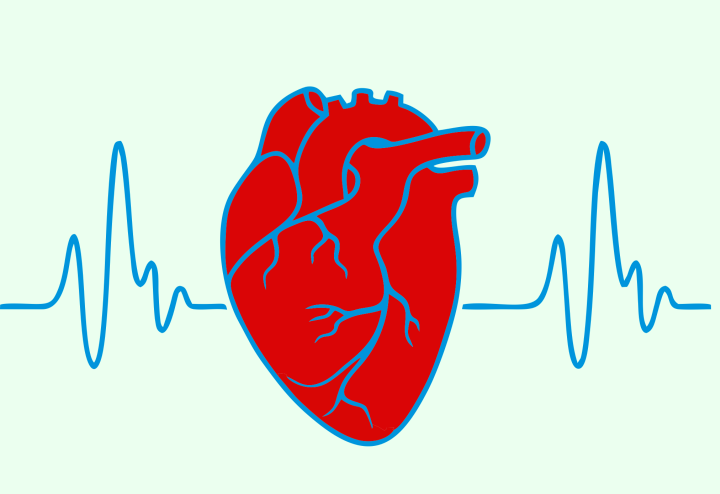To provide services at the highest level, we use cookies. Using the website requires you to choose settings related to their storage on your device. If you want to know what each type of cookie is used for, click the Details button below.
Natriuretic peptide – meaning, action, deficiency, excess15 marca 2023 |

Natriuretic peptide is a peptide hormone primarily produced by cardiac muscle cells. It is responsible for regulating blood pressure and the body's water-electrolyte balance. There are three main types of this hormone: ANP (atrial natriuretic peptide), BNP (brain natriuretic peptide), and CNP (C-type natriuretic peptide).
A deficiency or low level of natriuretic peptide can lead to disruptions in blood pressure regulation and water-electrolyte balance. This can result in an increased risk of hypertension, congestive heart failure, increased cardiac load, and worsening of heart failure symptoms. These symptoms may include swelling, shortness of breath, and fatigue.
An excess of natriuretic peptide can be associated with certain heart conditions, such as heart failure. In such cases, high levels of natriuretic peptide are a compensatory response of the body to cardiac burden. However, an excess of natriuretic peptide can also contribute to disorders, mainly including vasodilation, decreased blood pressure, increased urine output, and electrolyte imbalances.
The secretion of natriuretic peptide is stimulated by various factors. One example of such a factor is stretching of the cardiac muscle, which can occur in cases of increased cardiac load or heart failure. Medications from the class of angiotensin-converting enzyme inhibitors (ACE inhibitors) and angiotensin receptor blockers (ARBs) can also increase the secretion of natriuretic peptide. To increase the secretion of natriuretic peptide in the context of heart disease treatment, it is important to consult a doctor who can recommend an effective therapy.
To decrease the secretion of natriuretic peptide and control the symptoms associated with its excess, it is necessary to consult a specialist doctor, particularly a cardiologist. The doctor may recommend appropriate treatment, which may involve the use of medications such as ACE inhibitors or ARBs. These medications help regulate hormonal balance and reduce the secretion of natriuretic peptide.